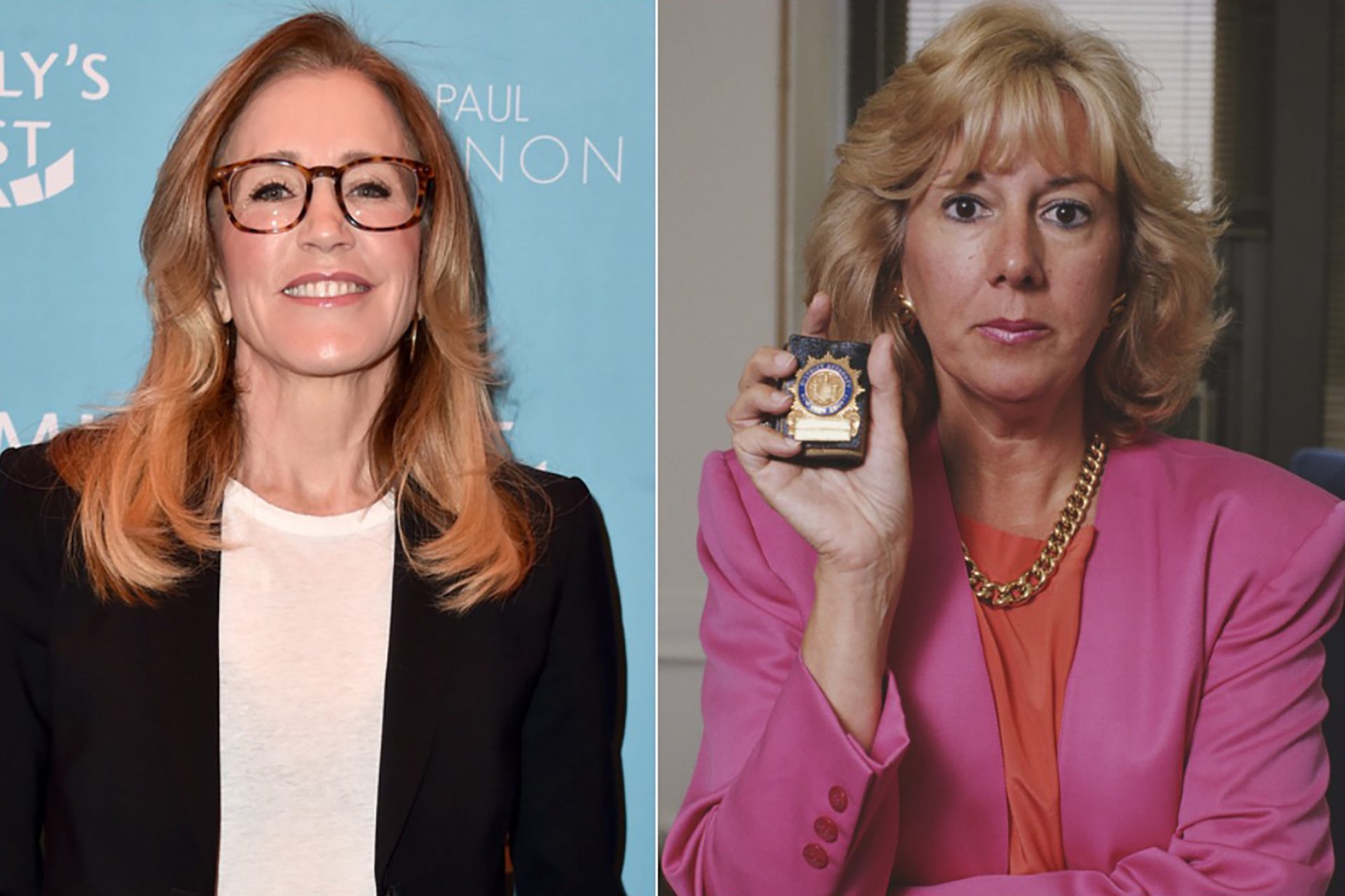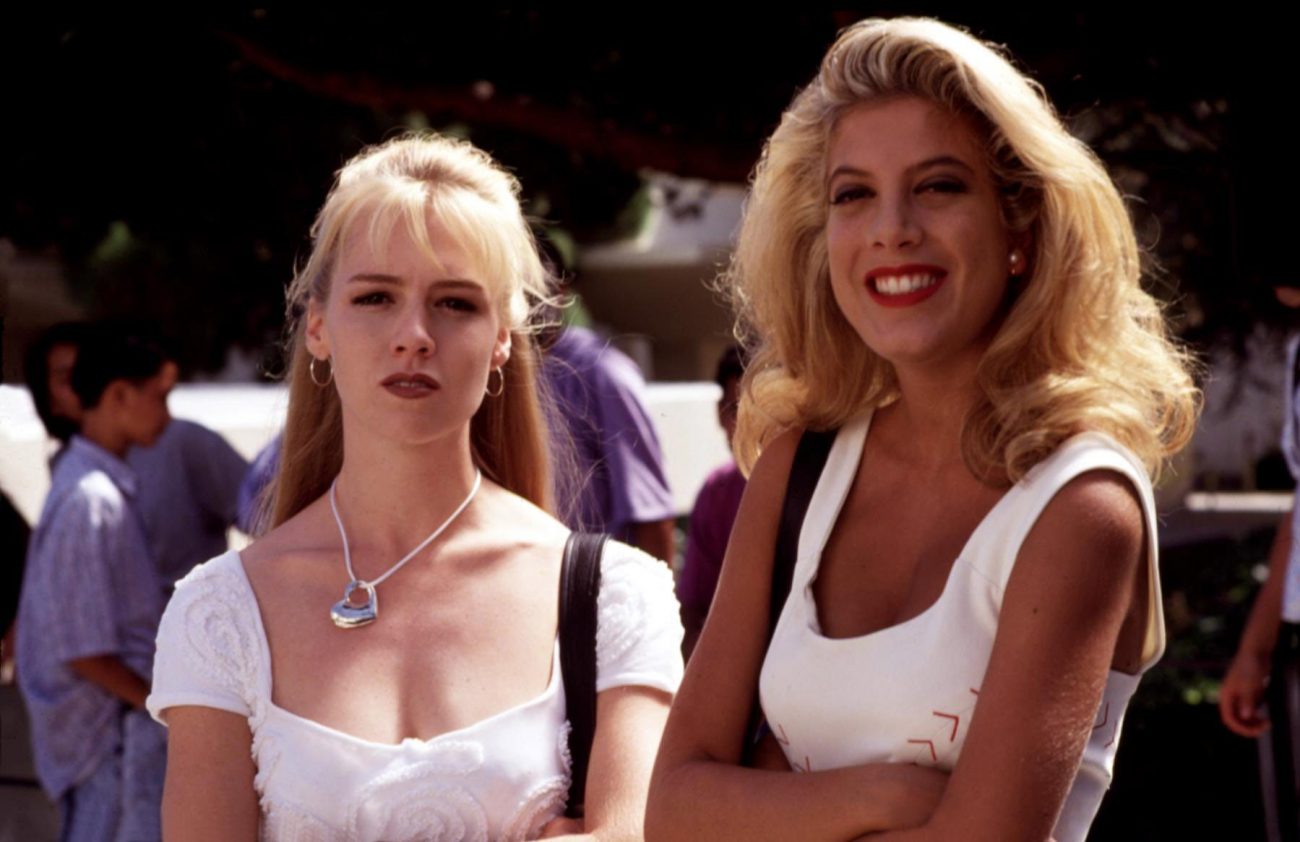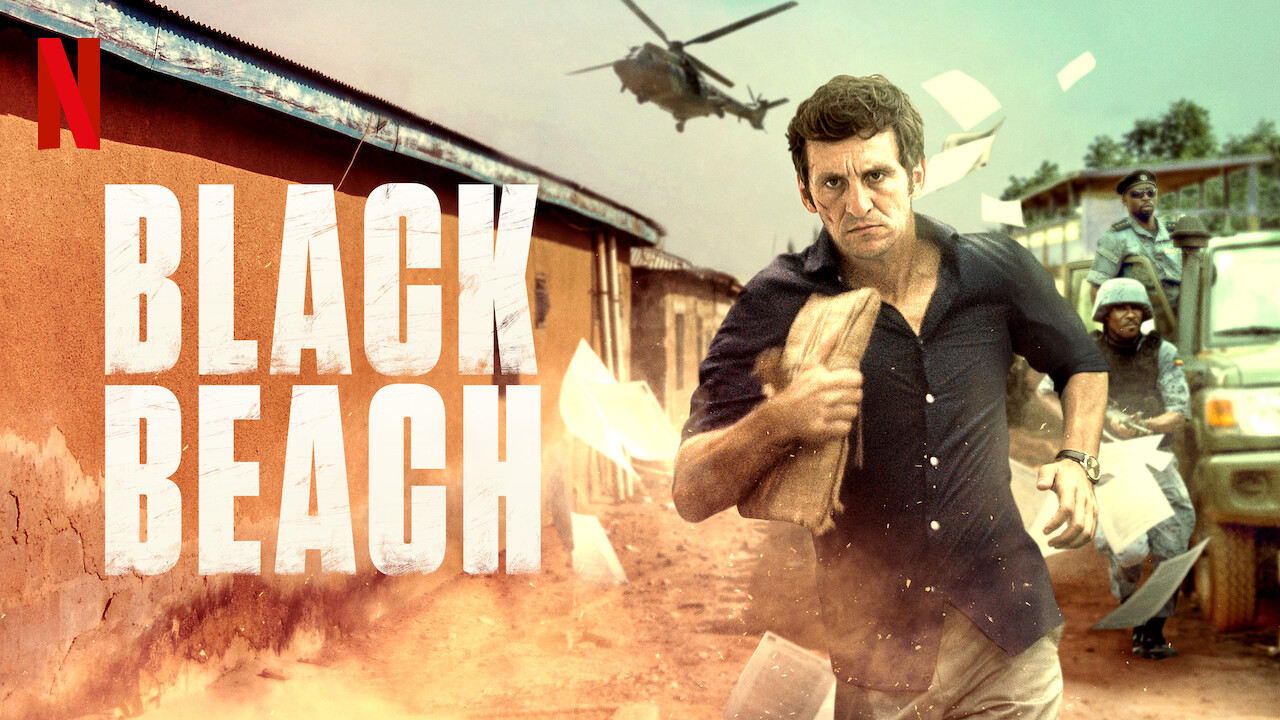What do Donna in Beverly Hills 90210, Skyler White in Breaking Bad, Renata Klein in Big Little Lies, Rose Weissman in The Marvellous Mrs. Maisel and Felicity Huffman in When They See Us (dubbed into Italian by 3Cycle, to be aired on Netflix starting on 31 May) have in common? They are all dubbed by Alessandra Korompay:

Felicity Huffman in When they see us
«I absolutely adore my job, I put my heart and soul in it and it could not be otherwise, because we are not just speakers, we are actors. And it’s impossible to act without emotions… I always try to be myself, to walk in my character’s shoes. The best appreciation I can get is when they tell me ‘I actually didn’t realise it was you dubbing’. When you dub, you’re always putting yourself on the line. There is no finish line, it’s all a constant discovery, an added day. One thing is for sure: the original version – and I’m saying this knowing I’m not acting in my best interest – is obviously better, provided that it’s a top-notch product. But in dubbing we always stick 100% to the original product.

Il personaggio di Rose Weissman in La fantastica signora Maisel
Sure, dubbing must always be done properly. We must dig our heels in to protect this job. Books need to be translated properly, and we need a good translation too. We read translated books, it’s up to the translator to do a good job, recreating the same emotions in another language. Almost all my colleagues – just like me – do this job with passion, with great commitment. They give all they have.

Big Little Lies
Because dubbing must come from the heart if it is do work well. Therefore it requires good timing and great concentration. Think about it: an actor can try and retry, he learns his lines off by heart, he’s got months to embody his character. What we do, on the other hand, is extemporaneous: we get to see the original scene once or twice, then we must quickly act it over again, dubbing it while conveying the same emotions. Let me tell you: it’s not easy.

Breaking Bad – photo by: Ben Leuner/AMC ©Entertainment Weekly
And we’re not robots. It may come out right at the first try, but the second one isn’t necessarily the same, or better. Every time we dub a line, the outcome differs. Because dubbing is, above all, a collective work, where harmony between director, assistant and sound technician is crucial.»







